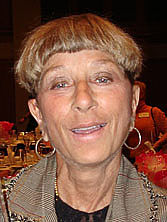
Jan’s cancer journey began in February 1995 when she found a lump in her breast. Four months prior to her discovery, she had a mammogram that revealed nothing. Her internist and a surgeon were certain her finding was nothing and told her to come back in six weeks. Jan insisted on more aggressive diagnosis, and finally, the doctor performed a needle biopsy. Two days later Jan received confirmation, she had cancer.
Jan had a lumpectomy, and they discovered that the margins were not clean. She had 12 positive lymph nodes, and she was diagnosed with lobular cancer, which she learned does not show up on a mammogram. Likely, the cancer had been in her body anywhere from two to six years. Since lobular cancer is often bilateral, Jan insisted on a double mastectomy to diminish the risk of future occurrence. She realized she was in a battle to save her life. When additional tests revealed a small portion, less then 1%, in her bones, Jan chose a bone marrow transplant, a controversial treatment. During the five weeks, she was in the transplant unit, she wanted to talk to another woman who had gone through bone marrow transplant, but she could not find anyone who was willing to talk to her. She vowed then that if she survived, she would talk to other women. She would help them get through this ordeal, and that is what she has been doing. One-on-one, face-to-face, over the phone or cyberspace, she makes connections. She lets people know that she understands. By her example, she demonstrates that they can get to the other side. Their hair will grow back. They will be able to breathe easier. Although they may have bad days, they can have a good quality life while living with this disease. Jan’s work primarily is in the Twin Cities through the Komen Foundation’s Race for the Cure Shop, but she doesn’t limit the extent of her grass-roots commitment. While waiting for a table in The Netherlands several months ago, she talked with a man whose wife and daughter both were very ill with breast cancer. She gave him her card. She has talked to his daughter many times, continues to do so and will be an ongoing source of strength and hope.
Jan realized that her cancer made many feel vulnerable. She had a long history of running for fitness. She was a vegetarian, and everyone considered her a healthy person.They thought, "If Jan can get it..."
Since 1997 Jan has managed the Twin Cities Shop for the Cure. She has done whatever she could to raise awareness and funds for the cause. She ran her first Twin Cities Race for the Cure nine days after her mastectomy. She still had drainage tubes connected to her. It was important for her to know that she still could live her life, she could still run. She did it for herself, but it turned out she was an inspiring example to others.
"This is not the road I would have chosen for myself, but somehow here I am. Aside from this terrible disease, I have a wonderful life. I have the best support system: doctors, family, friends and of course the people at the Komen Foundation. If you are open to seeing them, there are some goodies that can come out of this experience, and they will enrich your life. I have made many major changes in my life in order to survive. I feel that if I can touch only one woman and let her know that she can get on the other side of this and have a good life, then I will have made a contribution. I know that I have touched and helped many."
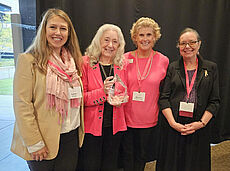



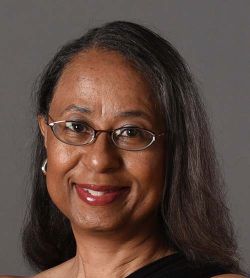 Reona Berry
Reona Berry Rachel Fletcher
Rachel Fletcher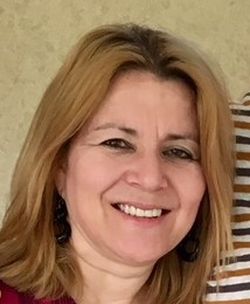 Julissa Rios
Julissa Rios Judy Erdahl has been living with cancer for over 20 years. She spent much of her adult life serving families as a licensed parent educator. When Judy’s third round with cancer forced her to retire she turned her energies towards writing and educating others about the real world of stage IV breast cancer. She has shared her story with audiences large and small and is a passionate advocate of metastatic breast cancer research and education.
Judy Erdahl has been living with cancer for over 20 years. She spent much of her adult life serving families as a licensed parent educator. When Judy’s third round with cancer forced her to retire she turned her energies towards writing and educating others about the real world of stage IV breast cancer. She has shared her story with audiences large and small and is a passionate advocate of metastatic breast cancer research and education.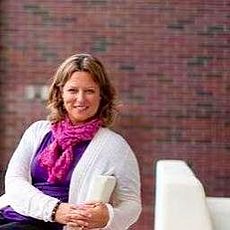
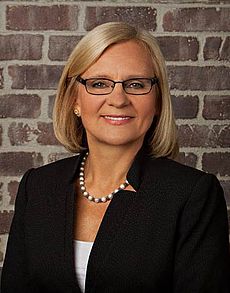
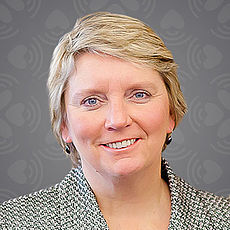
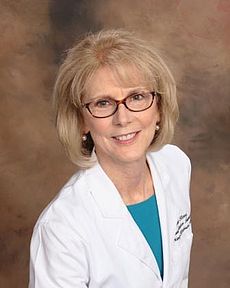
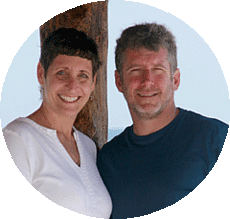
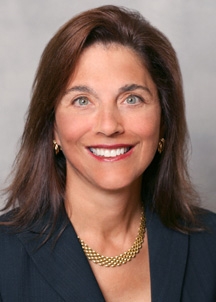
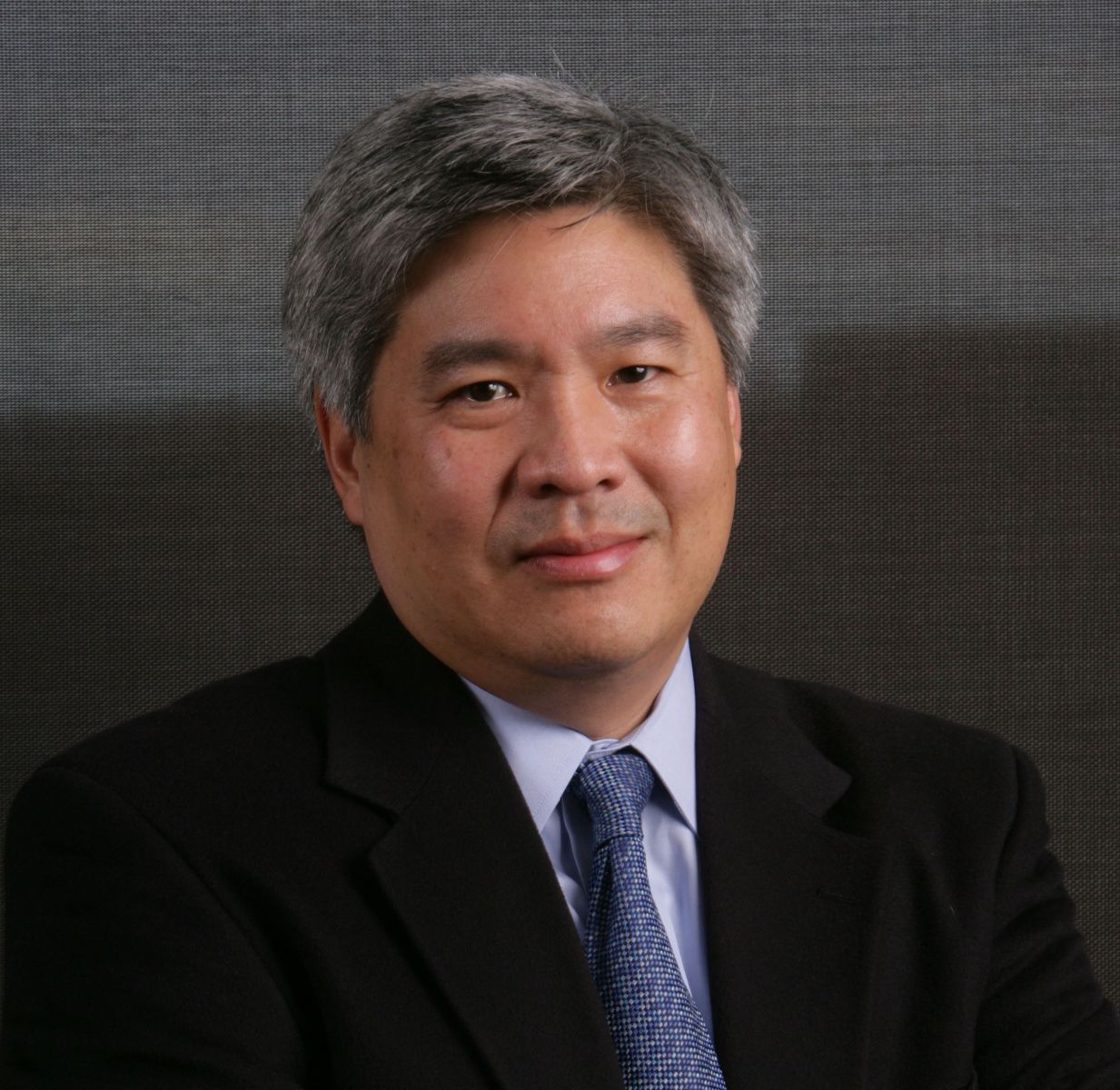
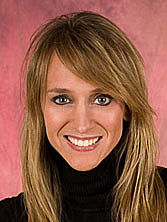
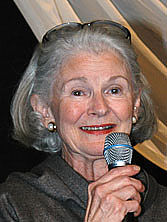
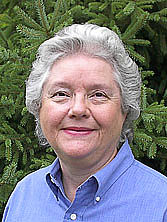

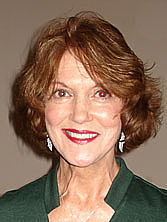
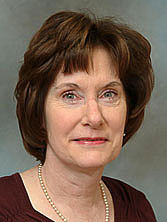
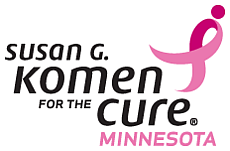
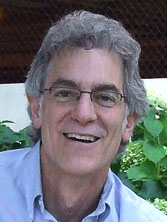 Dr. Jonathon Slater
Dr. Jonathon Slater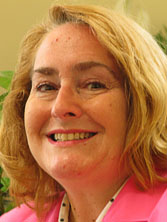 Gay Lynn Richards MS, RN, MPS, CNS
Gay Lynn Richards MS, RN, MPS, CNS